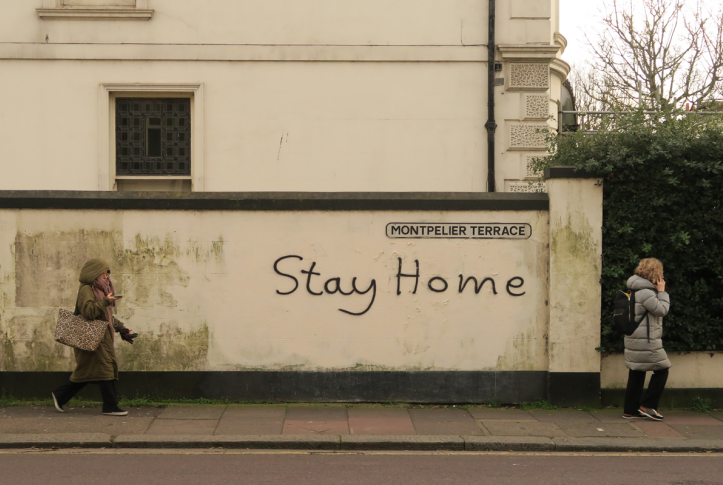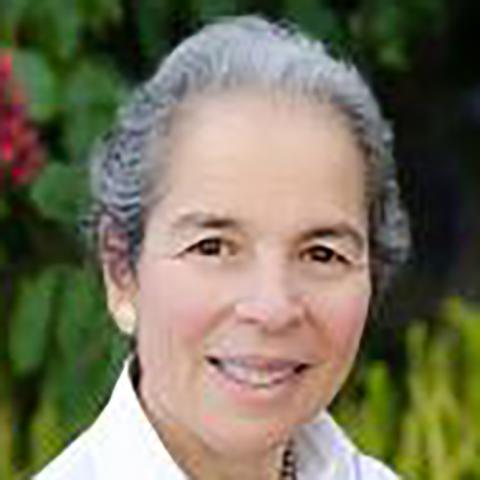Social isolation is the objective lack of social ties or social contact, while loneliness is the subjective feeling of being lonely or having inadequate social support. These terms have been thrust into the limelight as the world grapples with the COVID-19 pandemic. Social isolation comes at a price: it is associated with roughly $6.7 billion in additional health care costs annually among Medicare beneficiaries and contributes to poor health outcomes, including a 50 percent increased risk of early mortality.
Even before the pandemic, 22 percent of adults in the United States were experiencing social isolation or loneliness, and organizations were beginning to address the issue. Countries across the globe have been implementing programs to curtail the effect of growing isolation. To explore lessons from these interventions, we conducted semistructured interviews with 14 experts from the U.S. and abroad (Australia, Canada, England, Estonia, France, Ireland, the Netherlands and New Zealand) to identify factors that contributed to or hindered success. Here’s what we learned:
- Tailor programs to peoples’ needs. Experts described the importance of tailoring isolation and loneliness interventions to specific target groups. Tailoring plans is a core feature of programs in the United Kingdom, Canada, and the Netherlands. Personalized referrals for social care activities — often called “social prescribing” in European countries — are typically made by general practitioners and include referrals to groups for emotional support or shared interests (e.g., art or exercise classes) that meet online or in person. One expert commented, “For example, Jose wants someone to play guitar with and that’s what’s making him connect. But John needs someone to walk with him to doctors’ appointments. The details of the actual intervention may vary, but there’s a common theme of having a companion.”
Respondents also mentioned the importance of understanding the underlying causes of social isolation to ensure access to appropriate resources. For example, if a patient is unable to socially connect because of a hearing problem, addressing that problem may be more helpful than connecting with a support group.
- Identify policy supports to sustain programs. Experts described how funding secured through “soft” money like grants raises concerns about program sustainability. While many of the programs are financed by local nonprofits to run specific activities, these sources could dry up.
Respondents described the importance of securing sustainable funding by involving policymakers. In France, experts stressed the importance of combatting loneliness and isolation through discussions with policymakers, which led to secured funding for various grassroots community activities. In the United Kingdom, advocacy efforts contributed to the government identifying social isolation as a health priority and, in 2018, they appointed a Minister of Loneliness with dedicated funding to address it.
Interviewees also stressed collaboration across sectors, as social isolation and loneliness have broad impacts, yet interventions are often siloed. As one respondent said, “The advantage of having a cross-government strategy that goes beyond the statutory sector means that it truly is the responsibility of every agency working in that local area. There should be a role for the fire brigade, for the police, for schools, for the National Health Service, and for social care.”
- Use the infrastructure of existing community services. Many experts advocated for embedding social isolation interventions within organizations providing other services. For example, Meals on Wheels, which delivers food to the elderly in several U.S. locations, including Bexar County, Texas, and Lancaster, Pennsylvania, has incorporated programs for volunteers to check on isolated elders and provide friendship and conversation. Adding these kinds of “light-touch” social supports to the scope of work could help in identifying social isolation and loneliness while offering timely support.
- Address gaps in evidence. Experts underscored the need to fill major evidence gaps around best practices for addressing social isolation and loneliness. Much of the research in this space has focused more on identifying risk factors and estimating social and health impacts rather than determining the effect of interventions themselves.
Conclusion
The COVID-19 pandemic and the resulting physical distancing orders have exacerbated a global epidemic of social isolation and loneliness, highlighting the importance of finding and scaling creative strategies to generate social connections. As policymakers and researchers strive to combat loneliness and isolation in the United States, particularly during these challenging times, they should look to and learn from experts engaged in this work across the globe.








